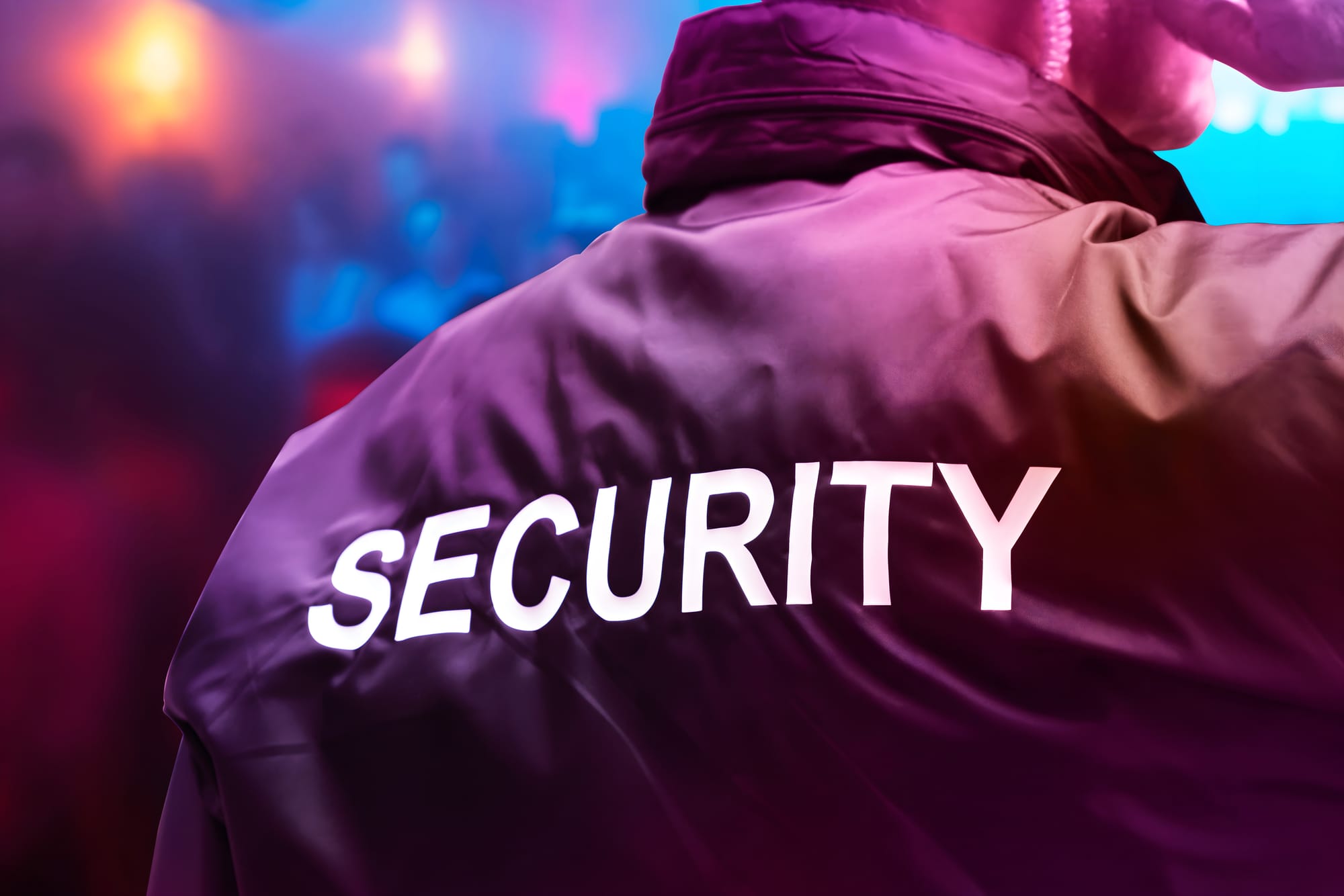The Cost of Inattentiveness: How Sleeping Guards Impact Security

In an era where security is paramount, the presence of vigilant security personnel is often considered the frontline defense against potential threats. However, a growing concern in the security industry is the issue of guards sleeping on duty or exhibiting poor performance. This negligence can have serious consequences, compromising the safety of people, property, and assets. In response to these challenges, AI-powered CCTV systems are emerging as a robust alternative, providing enhanced monitoring capabilities that mitigate the risks associated with human error.
The Implications of Sleeping Guards
When security personnel fall asleep on the job, the ramifications can be significant:
- Increased Vulnerability: Sleeping guards create opportunities for criminals to exploit weaknesses in security. Break-ins, thefts, and vandalism can occur without immediate detection, leading to financial losses and damage to property.
- Liability Issues: Businesses that rely on security guards may face legal liabilities if negligence results in incidents. If a guard fails to perform their duties, the organization may be held responsible for any resulting damages or injuries.
- Erosion of Trust: The effectiveness of security personnel relies on the trust placed in them by employees, customers, and the community. Reports of guards sleeping on duty can undermine confidence in the security measures implemented, affecting the reputation of the business.
- Operational Disruption: Security breaches caused by inattentive guards can disrupt operations, leading to delays, increased costs, and a loss of productivity. This is particularly critical in environments such as retail or manufacturing, where security incidents can halt operations.
The Role of AI CCTV in Enhancing Security
To combat the risks associated with sleeping guards and poor performance, businesses are increasingly turning to AI-powered CCTV systems. These advanced surveillance technologies offer numerous advantages over traditional security personnel:
- Constant Vigilance: AI CCTV systems provide 24/7 monitoring capabilities without the need for breaks or downtime. Unlike human guards, AI systems do not tire, ensuring that surveillance is continuous and thorough.
- Real-Time Alerts: AI surveillance can analyze live feeds and detect unusual activities, such as unauthorized access or loitering. In such cases, the system can send real-time alerts to security personnel or management, enabling prompt response to potential threats.
- Data Analytics: AI systems are equipped with powerful analytics tools that can assess behavior patterns and identify anomalies. By analyzing vast amounts of data, AI can highlight potential risks and enhance overall security protocols.
- Cost Efficiency: While the initial investment in AI CCTV may be significant, the long-term cost savings are substantial. Businesses can reduce or eliminate the need for multiple security personnel, decreasing labor costs while maintaining high security standards.
- Enhanced Accountability: AI surveillance systems can track activities and generate reports, providing management with detailed insights into security performance. This level of transparency fosters accountability among security teams, ensuring that personnel remain attentive and engaged.
- Adaptability and Integration: AI-powered surveillance can integrate seamlessly with other security systems, such as access control and alarm systems. This interconnected approach creates a comprehensive security network that enhances overall safety.
Addressing Guard Negligence with AI
While human guards play an essential role in security, the limitations of traditional methods are increasingly apparent. By implementing AI surveillance systems, organizations can address the challenges posed by inattentive personnel effectively. Here are some strategies for integrating AI into security operations:
- Conduct Risk Assessments: Evaluate areas prone to security breaches and identify where AI surveillance can be most beneficial.
- Invest in AI Technology: Choose advanced AI CCTV systems that offer real-time monitoring, analytics, and alerts to enhance security protocols.
- Provide Training: Ensure that security personnel are trained to work alongside AI systems, understanding how to interpret alerts and respond effectively.
- Monitor Performance: Use AI-generated reports to assess guard performance and implement measures to improve attentiveness and accountability.
Conclusion
The issue of guards sleeping on duty and poor performance poses a significant threat to security in various environments. As organizations seek to enhance their security measures, AI-powered CCTV systems provide a powerful solution that addresses the shortcomings of traditional security personnel. By leveraging continuous monitoring, real-time alerts, and data analytics, businesses can bolster their security operations, protect their assets, and maintain the trust of their employees and customers. Embracing AI technology in security not only mitigates risks but also fosters a proactive approach to safeguarding people and property.


